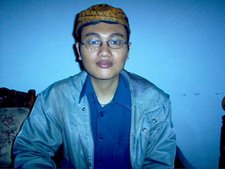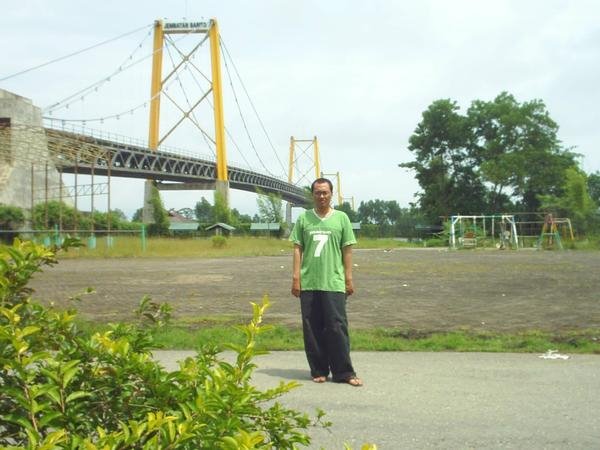Research Framework: AI-Era Core Competencies for Future Elementary School Teachers in Indonesia
Guided by Situated Learning Theory (SLT)
1. Theoretical Foundation
This study is grounded in Situated Learning Theory (SLT) by Lave & Wenger (1991), which emphasizes that:
🔹 Learning occurs best in authentic, social, and practice-based environments.
🔹 Knowledge is context-dependent, gained through participation in real-world tasks.
🔹 Newcomers (student teachers) learn through Legitimate Peripheral Participation (LPP) in Communities of Practice (CoP).
2. AI-Era Core Competencies for Future Teachers
Aligned with Indonesian education policies (Merdeka Belajar, Guru Penggerak, National Digital Literacy Movement), future teachers must develop:
3. Research Questions
1️⃣ How can Situated Learning Theory inform AI-based teacher training in Indonesia?
2️⃣ What AI-related competencies are most crucial for future elementary school teachers?
3️⃣ How effective are AI-powered Communities of Practice (CoP) in professional teacher development?
4️⃣ How do pre-service teachers engage with AI-powered cognitive apprenticeships?
4. Research Methodology
🔹 Research Design:
- Qualitative (Case Study / Ethnography) → Observing AI-integrated teacher training programs.
- Mixed Methods (if including AI competency assessments).
🔹 Participants:
- Pre-service teachers in Indonesian teacher education programs.
- Mentor teachers & AI-education experts.
🔹 Data Collection Methods:
✔ Interviews & Focus Group Discussions (FGDs) → Understanding teachers’ perceptions of AI integration.
✔ Observations of AI-Augmented Teaching → Studying AI-supported training environments.
✔ Document Analysis → Reviewing AI-driven teacher education policies.
5. Contribution & Implications
✔ Provides a contextualized AI-based teacher training model.
✔ Supports Indonesian education policy implementation (Merdeka Belajar, Guru Penggerak).
✔ Guides curriculum development for teacher education programs.







No comments:
Post a Comment